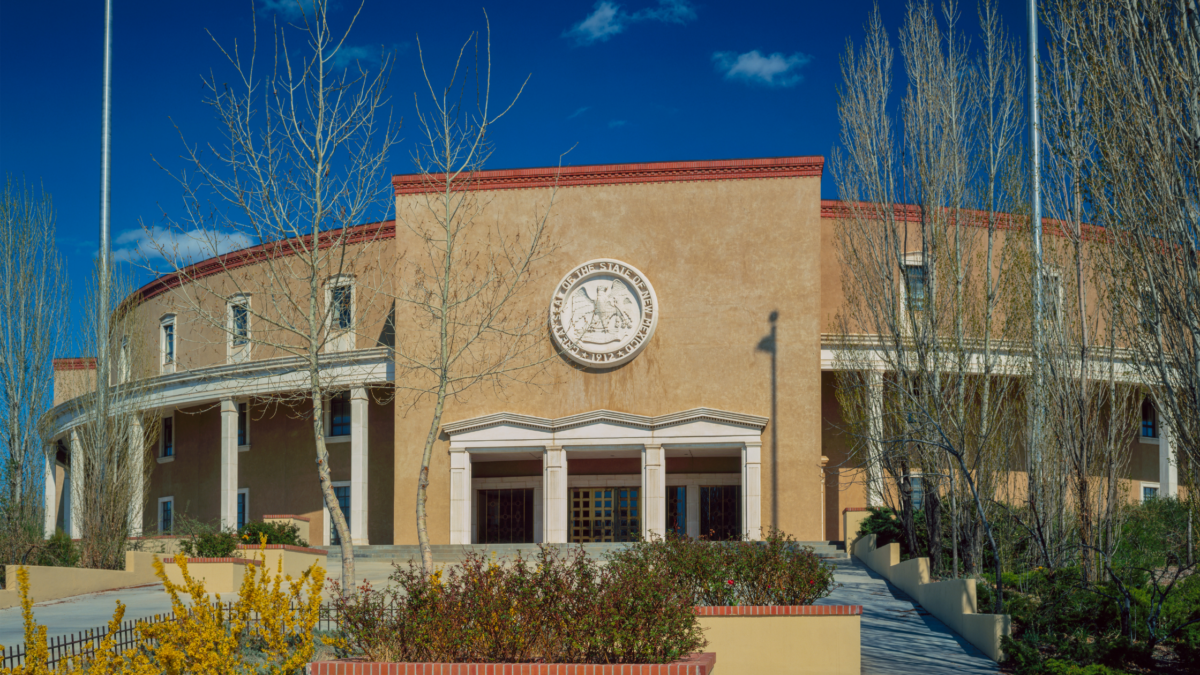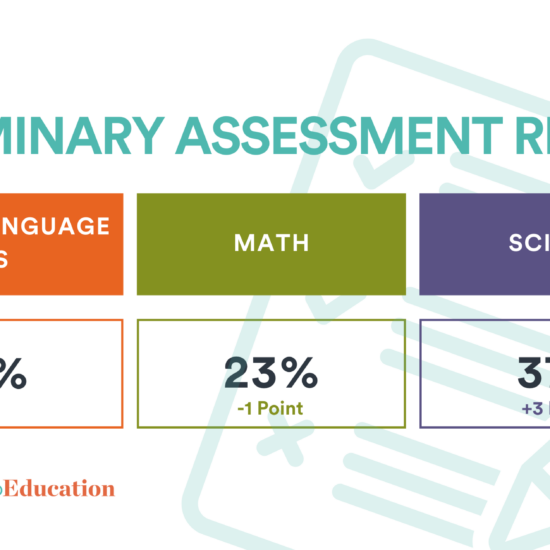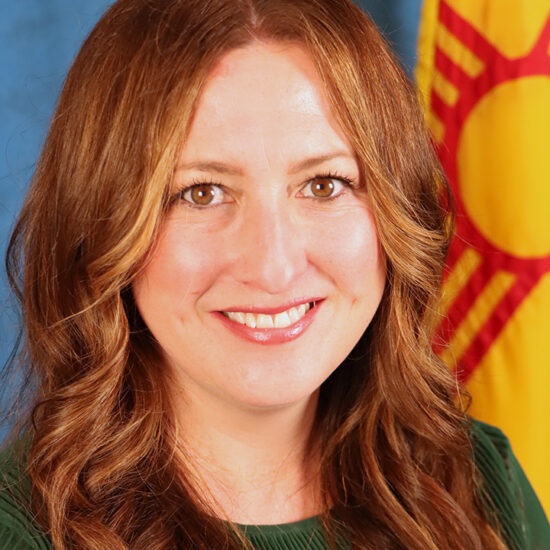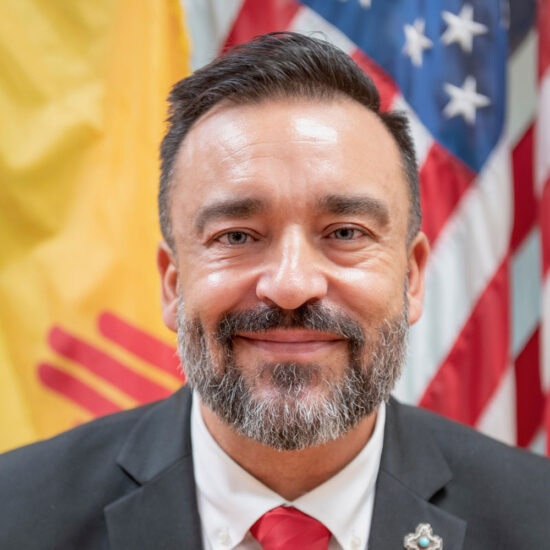
A proposed constitutional amendment seeks to restructure the system of education governance in New Mexico. Senate Joint Resolution 9 would overhaul the state’s education system by changing the state constitution to revert back to New Mexico’s previous form of education governance, an elected state school board.
This constitutional amendment would repeal the existing Public Education Commission and create a new statewide school board. New Mexico had a state school board from 1986 until 2003 when lawmakers amended the constitution to remove the state school board and establish a cabinet secretary to oversee public education. If approved , the amendment will take power away from the governor who currently chooses the education secretary. The resolution was heard in the Senate Education Committee on January 26 and received a “Do Pass” recommendation; this action followed a similar approval from the Senate Rules Committee on Jan. 18. The resolution is now awaiting a vote by the full senate.
New Mexico has been down this road before. On April 5, 2003, then-Governor Bill Richardson signed a bill which would send New Mexico into a special election to remove the state school board and establish the Public Education Commission with a secretary of education who would serve in the governor’s cabinet as an appointed official. On September 23 of that year, New Mexicans went out to vote and decided to abolish the state school board and create the current system that NM uses to govern education.
A resolution identical to SJR9 made its way through the senate in 2023 but died after it failed to receive a vote on the house floor.
SJR 9 is built on five key pillars which will completely reshape the education landscape of New Mexico.
Replacement of the Public Education Commission: The proposed amendment calls for the repeal of Article 12, Section 6 of the New Mexico Constitution, which established the Public Education Commission. In its place, the amendment would introduce a new Section 6, creating the State School Board as the primary governing body for public education in the state.
The existing Article 12, Section 6 also establishes the Public Education Commission. New Mexico Public School Code has codified responsibilities for the Public Education Department that are not addressed in SJR 9, leaving questions about the responsibilities of new State School Board members.
Composition of the State School Board: The State School Board would be a 15-member board, comprised of ten elected and five appointed members, with members serving staggered six-year terms, representing specific districts within the state. Vacancies and appointments on the board would be filled by the Governor, with the consent of the Senate.
SJR 9 mandates at least one of the appointed members be a tribal representative, and no more than two appointees can come from the same county.
Neville said SJR 9 does not alter the number of elected officials currently serving on the Public Education Commission. The number of elected officials that serve on the new State School Board would be the same as currently serve on the commission, keeping the number at 10 elected officials. The five appointed members will serve at large – representing the whole state.
Transition Period: If adopted, a transition period would be in place. All members of the State School Board would be elected at the 2026 general election, and would commence their terms January 1, 2027.
Continuing Role of the Public Education Commission: Until January 1, 2027, the Public Education Commission would continue to exercise its powers and duties.
Support and Opposition
During Friday’s education committee hearing, Senator Neville, who defended the bill, addressed questions from fellow senators. He emphasized that the proposed changes would not take effect until the end of the current governor’s term in 2027.
During the committee hearing, Steve Sianez, the government affairs director for National Education Association New Mexico, expressed support for SJR 9, highlighting its potential to bring stability to education leadership. The New Mexico School Board Association did not take an official position but expressed a desire to consider the benefits of amending the constitution to reintroduce a state school board.
However, Amanda Aragon of NewMexicoKidsCAN raised concerns about the potential for increased partisanship in education and urged more scrutiny and debate on the proposed changes. Matt Pahl of Public Charter Schools of New Mexico opposed the legislation, fearing a dilution of the Public Education Commission’s focus on managing charter schools. Amanda DeBell, Deputy Secretary of Teaching, Learning, and Innovation at the Public Education Department said PED opposes the legislation and argued the changes may interrupt the collaborative work their staff does with other state entities.
Senator Craig Brandt (R – Sandoval) expressed reservations about the bill, particularly regarding its potential impact on charter schools. However, Senator Neville defended the proposal, emphasizing the need for stability and longer tenures for education leaders.
Senator Bill Soules (D – Dona Ana) expressed concerns about the inconsistency in education policy changes and highlighted the importance of stability in achieving positive outcomes for students. Soules noted he is a sponsor of the bill and argued it would create the stability necessary to improve student results.This is an argument that was used in 2003 when the legislature moved to amend the constitution and establish the existing Secretary of Public Education and Public Education Commission.
A Legislative Council Service explanation of arguments for and against the 2003 amendment states, “By giving clear-cut power to a single, focused decision-maker — a secretary of public education — the public education department will be able to respond in a timely fashion to the educational needs of the state. An experienced, qualified secretary of public education can make policy decisions more effectively, efficiently and rapidly than can the current burdensome system of the 15-member state board of education and the superintendent of public instruction. The secretary’s decision-making process will not be encumbered by adhering to time constraints and endless debate among a large number of people. Additionally, creating an elected public education commission to replace the bifurcated, part-elected, part-appointed system currently in place in New Mexico will reduce the propensity for political struggles and eliminate the endless struggles between the state board of education and the superintendent of public instruction.”
SJR 9 was introduced by State Senator Steven P. Neville (R – San Juan), William P. Soules (D – Doña Ana), and Mimi Stewart (D – Bernalillo).
Now the bill will move forward for a full senate vote and is currently listed on the senate calendar.
UPDATE: SJR 9 passed the Senate on Jan. 31 in a 34-1 vote. See here for more information.







